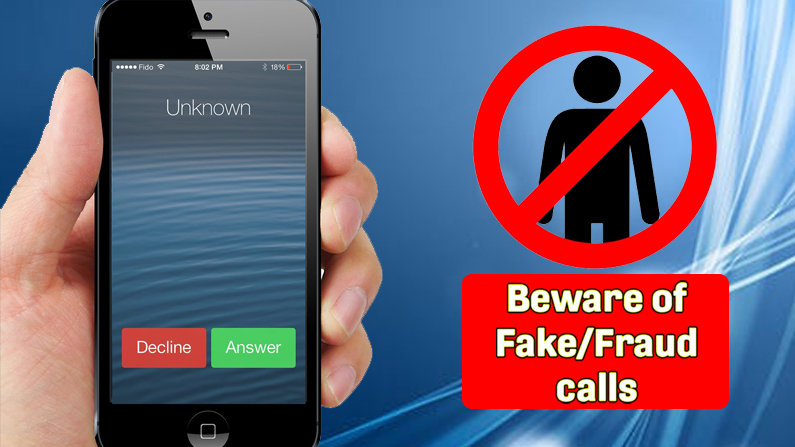Nine calls that can cost you dear
- Priyanka Sambhav
- Last Updated : January 23, 2021, 10:29 IST
 Many of us are either working from home or if going to the office then are constantly worried about our loved ones who are away from us. You don’t want to miss any calls in stressful times. But every time you answer a call from an unknown number chances are it could be an unwanted call. Someone is either selling something or asking you to take a certain action or giving you too good to be true deals. According to ‘Truecaller Insights: Top 20 Countries Affected by Spam Calls’ report, India is in the list of top 10 countries most affected by spam calls. Here are 9 calls that can harm you financially.
Many of us are either working from home or if going to the office then are constantly worried about our loved ones who are away from us. You don’t want to miss any calls in stressful times. But every time you answer a call from an unknown number chances are it could be an unwanted call. Someone is either selling something or asking you to take a certain action or giving you too good to be true deals. According to ‘Truecaller Insights: Top 20 Countries Affected by Spam Calls’ report, India is in the list of top 10 countries most affected by spam calls. Here are 9 calls that can harm you financially.
Watch out for these 9 fraud calls
SIM- Swap- Your phone will be blocked within 48 hours unless you upgrade your SIM:
The caller leverages this fear of not being connected and initiates you to either get a new SIM or upgrade it to an E-SIM (embedded SIM). With your details, they can create a fake email ID and initiate a mail to your mobile operator for a duplicate SIM which would be sufficient to clean your bank account.
Credit card/debit card upgrade:
In case an increase in credit card limit or upgradation of the debit card is offered over a call, that should ring a bell. If the caller asks you to share your bank account number red flag this call because your bank never calls and asks you account number.
Know your customer (KYC) calls:
Many people are sent messages or called to get their KYC completed on phone. These are fraud calls. You can report these calls to the police or the cybercrime cell.
Taxman’s call
A call from the income tax department flagging a tax discrepancy can give you sleepless nights. But with all assessments and communication taking place online, these are fraud calls. The I-T department never calls you.
Insurance regulator (IRDA) calls
These callers will sell you an insurance policy of the regulator or promise you to get your discontinued policy on track. Beware! The regulator’s role is not to sell insurance or revive any old policies. They never make direct calls to consumers.
Blocking of debit/credit card
Calls that threaten to block your credit/debit card if you don’t complete the KYC are a fraud. Don’t fall into the trap. Never give out the OTP, PIN or CVV number to any one on the phone. Report the call to the police or cybercrime cell.
Need of money
If you have applied to withdraw money from your provident fund or some old investments then be wary of calls that are promising to help you in getting that money.
Job offer
If you have shared your details in any of the job portals and the data of the portal is compromised, then you could end up being offered a fake job. Whenever a job offer comes before sharing any personal details you must check the credentials of the caller.
Buy 1 get 2 free
Whenever you are being offered a deal that is too good to be true, over a call you must immediately disconnect. A call from a popular takeaway giving two free meals on purchase of one could sound like a good deal but do cross-check with friends about this before saying yes. The caller can get remote access to your phone by sending you a link. Once he has control over your phone sensitive data like OTP’s can be hacked easily.
Download Money9 App for the latest updates on Personal Finance.
Related
- मैक्सिको के 50 फीसदी टैरिफ पर सरकार ने शुरू की बातचीत; जल्द समाधान की उम्मीद
- इंडो- US ट्रेड डील में पहले हट सकती है पेनाल्टी, रिपोर्ट में दावा
- रुपये ने फिर बनाया ऑल टाइम लो, जानें क्या है वजह
- बैंक कस्टमर के लिए बड़ी खबर, RBI हटाएगा ओवरलैप फीस,
- मैक्सिको ने अपनाई US जैसी पॉलिसी, 1400 से ज्यादा प्रोडक्ट लगाया भारी टैरिफ
- SpiceJet विंटर सीजन में जोड़ेगी 100 नई फ्लाइट्स! Indigo के कटे रूट्स का करेंगी भरपाई

